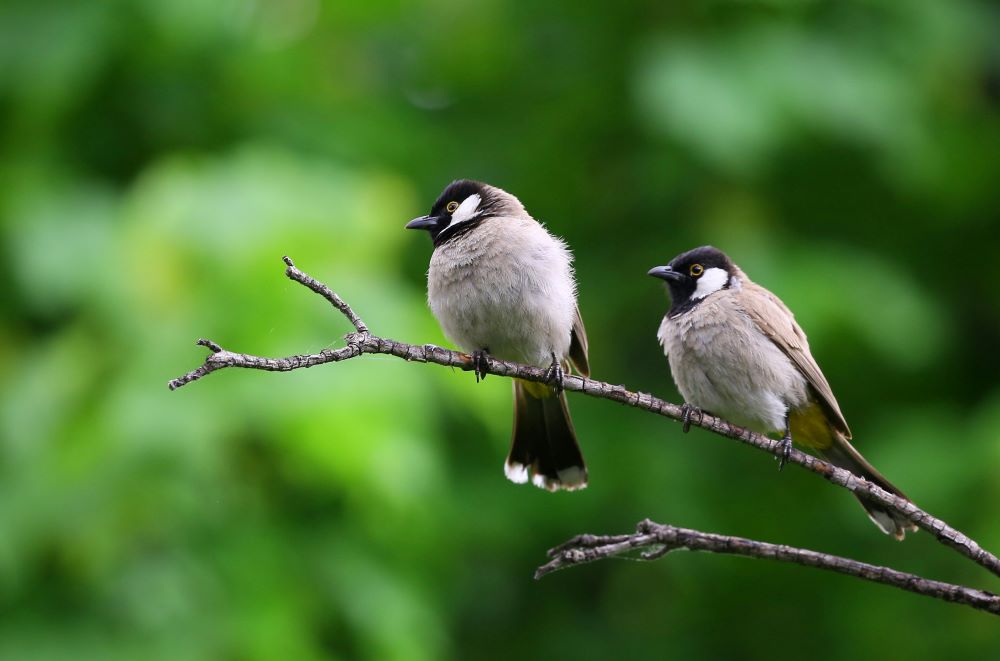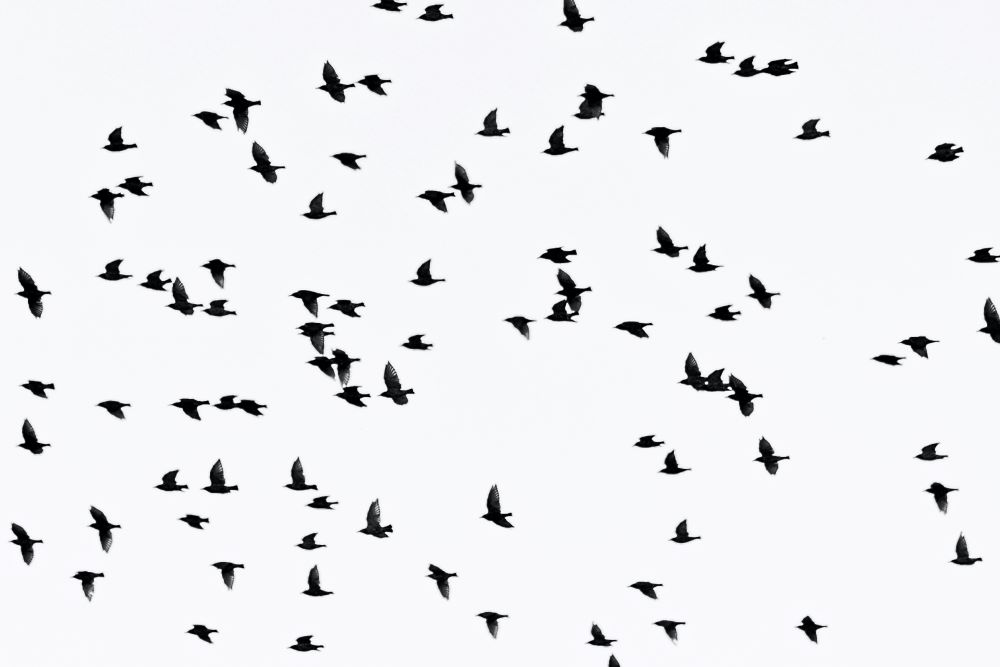Massachusetts health officials concerned about pets and wildlife after detecting the bird flu.
The Massachusetts Department of Agricultural Resources (MDAR) recently issued a warning regarding the detection of highly pathogenic avian influenza, commonly known as bird flu, in the state. The presence of avian flu was confirmed in a non-commercial, mixed-species backyard flock located in Essex County, signaling potential risks to both domestic and wild bird populations.
According to MDAR officials, the affected birds in the backyard flock exhibited sudden deaths, without displaying other typical clinical signs associated with avian flu. Samples taken from the flock tested positive for the disease, prompting swift action from animal health authorities. In response to the detection, the flock was depopulated and disposed of as a precautionary measure to contain the spread of the virus.
In light of the avian influenza detection, MDAR emphasizes the importance of implementing robust biosecurity measures, especially for backyard and commercial poultry owners. The virus, known to circulate in wild bird populations, particularly wild waterfowl, poses a significant threat to domestic poultry. MDAR advises poultry owners to prevent their birds from coming into contact with wild birds, feathers, and droppings, which could serve as potential sources of infection.

Eliminating standing water and restricting domestic birds’ access to ponds, streams, and wetland areas frequented by wild waterfowl are crucial steps in mitigating the risk of transmission. Implementing stringent biosecurity protocols, poultry owners can minimize the likelihood of avian influenza outbreaks and protect the health of their flocks.
The avian influenza detection extends beyond domestic poultry to include wild bird populations in Massachusetts. The Massachusetts Division of Fisheries and Wildlife reported instances of dead and dying wild Canada geese in Essex County and surrounding coastal areas, exhibiting symptoms consistent with avian flu. While the virus primarily affects birds, the potential impact on wildlife shows the importance of monitoring and surveillance efforts to track disease spread and mitigate its consequences.
Although human infections with avian flu viruses are rare, individuals who have prolonged close contact with infected birds face the highest risk of illness. MDAR and other health authorities advise the public to refrain from handling or feeding birds suspected of infection. Additionally, pet owners are urged to prevent their dogs from interacting with wild birds to minimize the risk of exposure to avian influenza.
Here are some key points on how avian influenza can impact human health:
Transmission
Human infections with avian influenza typically occur through direct or indirect exposure to infected birds or their secretions, such as respiratory droplets or feces. Individuals who handle infected poultry, participate in bird culling activities, or work in live poultry markets are at higher risk of exposure to the virus.
Symptoms
The symptoms of avian influenza in humans can range from mild to severe and may include:
- Fever,
- Cough,
- Sore throat,
- Muscle aches,
- Difficulty breathing, and
- In severe cases, avian influenza can lead to acute respiratory distress syndrome (ARDS), organ failure, and death.
Certain factors may increase the risk of severe illness or complications from avian influenza, including underlying medical conditions, compromised immune systems, and advanced age. Children, elderly individuals, pregnant women, and individuals with chronic health conditions are particularly vulnerable.
The detection of avian influenza in Massachusetts serves as a reminder of the ongoing threats posed by infectious diseases to animal and public health. As authorities continue to monitor the situation and implement control measures, vigilance and preparedness remain paramount. Staying informed about biosecurity practices and adhering to guidelines issued by health officials, individuals can contribute to efforts aimed at preventing the spread of avian influenza and safeguarding the well-being of both domestic animals and wildlife populations.
Sources:
Animal health officials warn of avian influenza detection in Massachusetts


Join the conversation!